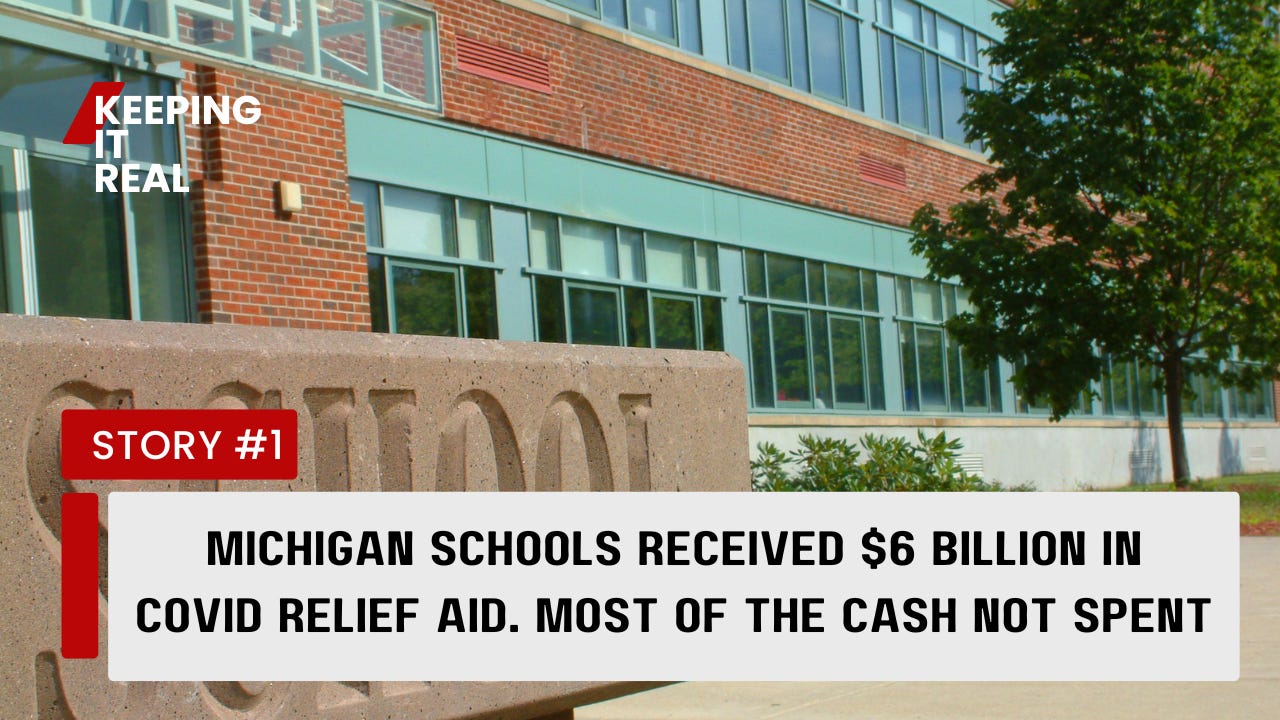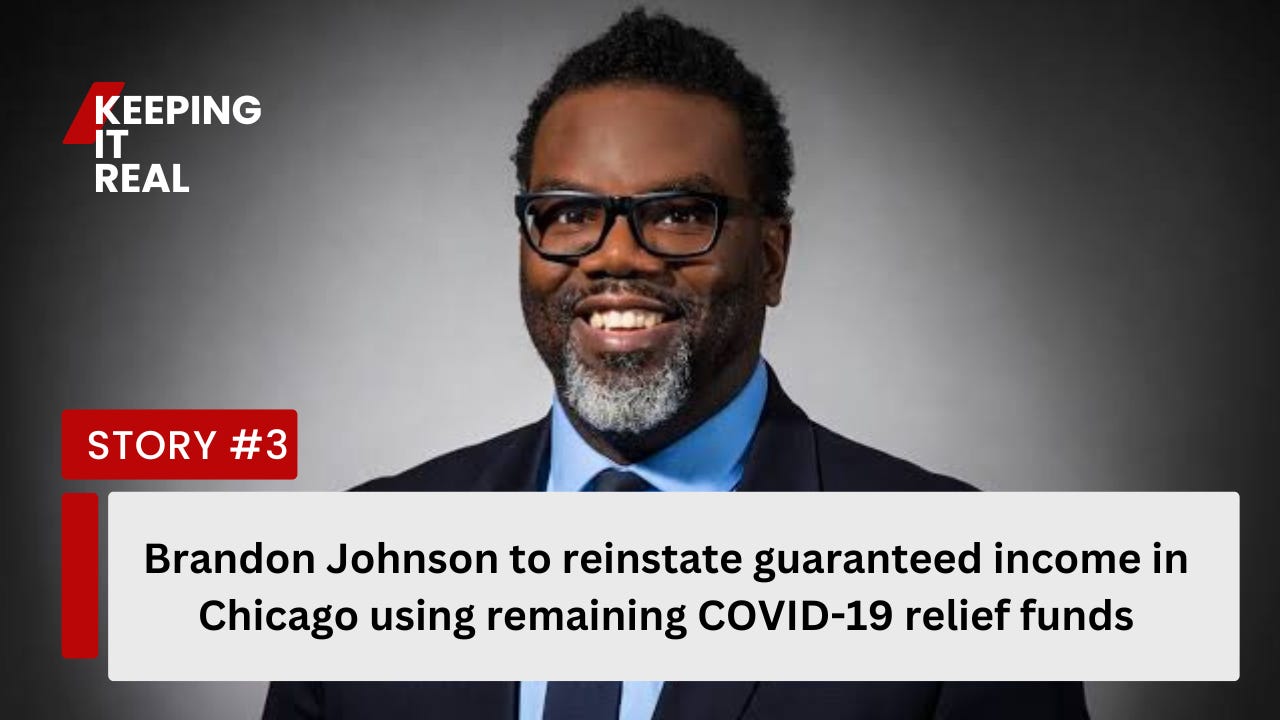Support my independent journalism for just $5 monthly and access exclusive content. Your subscription helps keep these vital stories available to all. Cancel anytime. Thank you to our current subscribers for your ongoing support! Join us in bringing light to untold stories.


LANSING, Mich - A new report published by the Mackinac Center details how public schools in Michigan spent the $6 billion in federal relief they received during the COVID-19 pandemic. It analyzed data reported directly by school districts to assess how they spent these extra funds. The findings suggest that there are significant limits to what policymakers can achieve by dropping loads of cash on school districts during an emergency.
Perhaps the most important lesson from these findings is how little impact extraordinary funding has. Federal policymakers aimed, in the words of the U.S. Department of Education, to use these funds to “reopen schools safely, maximize in-person instructional time, and address the impact of the COVID-19 pandemic on students, educators, and families.” Click here to read more.

WASHINGTON D.C. - Investors now peg greater than even odds that there will not be a single interest rate cut until after the November election, a market outlook that complicates President Joe Biden‘s reelection bid.
Just four months ago, investors were pricing in up to six interest rate cuts from the Federal Reserve in 2024, with most expecting that the first cut would have happened in March. But on Tuesday, as top Fed officials huddle in Washington, D.C., investors think the Fed will hold off until at least November. Investors implied a nearly 52% probability that the Fed will hold rates steady during its September meeting and then would cut during its November meeting, which happens just days after one of the most politically charged presidential elections in modern history, according to the CME Group’s FedWatch tool, which calculates the probability using futures contract prices for rates in the short-term market targeted by the Fed. Click here to read more.

CHICAGO, IL - Chicago Mayor Brandon Johnson will reinstate a guaranteed income program to use up remaining COVID-19 relief funds instead of returning the money to the federal government.
The city received the money in 2021 and must allocate all of the remaining funds by the end of 2024 and spend the money by 2026, or else it must be returned. Chicago officials are hopeful all of the money will be allocated by November. Click here to read more.

WASHINGTON D.C. - White House communications staff has had to correct President Joe Biden’s public remarks at least 148 times since the beginning of 2024, a review of official White House transcripts shows.
The White House releases an official transcript anytime the president gives a speech or takes questions. Communications staff frequently correct, add to or alter Biden’s official remarks in order to either bring them into compliance with official White House policy or, in some cases, reality, a Daily Caller analysis showed. In several cases, official statements had to be changed to convey the exact opposite of what Biden actually said. Click here to read more.

ENGLAND - A young girl in the English city of Sheffield has seen her rare blood cancer go into complete remission, and she has her even younger sister to thank for it.
Diagnosed with acute lymphoblastic leukemia (ALL) in 2020 at age 6 after collapsing in the school playground, the family was desperate for donor stem cells from bone marrow to treat the rare form of the disease.
Remarkably, it was none other than 6-year-old Ruby Leaning’s 2-year-old sister, Mabel, who came up as a perfect match and was able to donate her bone marrow to keep Ruby alive and treat her cancer.
It was a long and difficult road that involved scares and good fortune. Ruby’s grandmother, Amanda Fawcett, spoke to SWNS about how difficult it was.
“It’s every parent’s nightmare… I was in the room with her mom when we found out, and you just can’t take anything in at all. It was all just heart-shattering,” she said. Click here to read more.



















